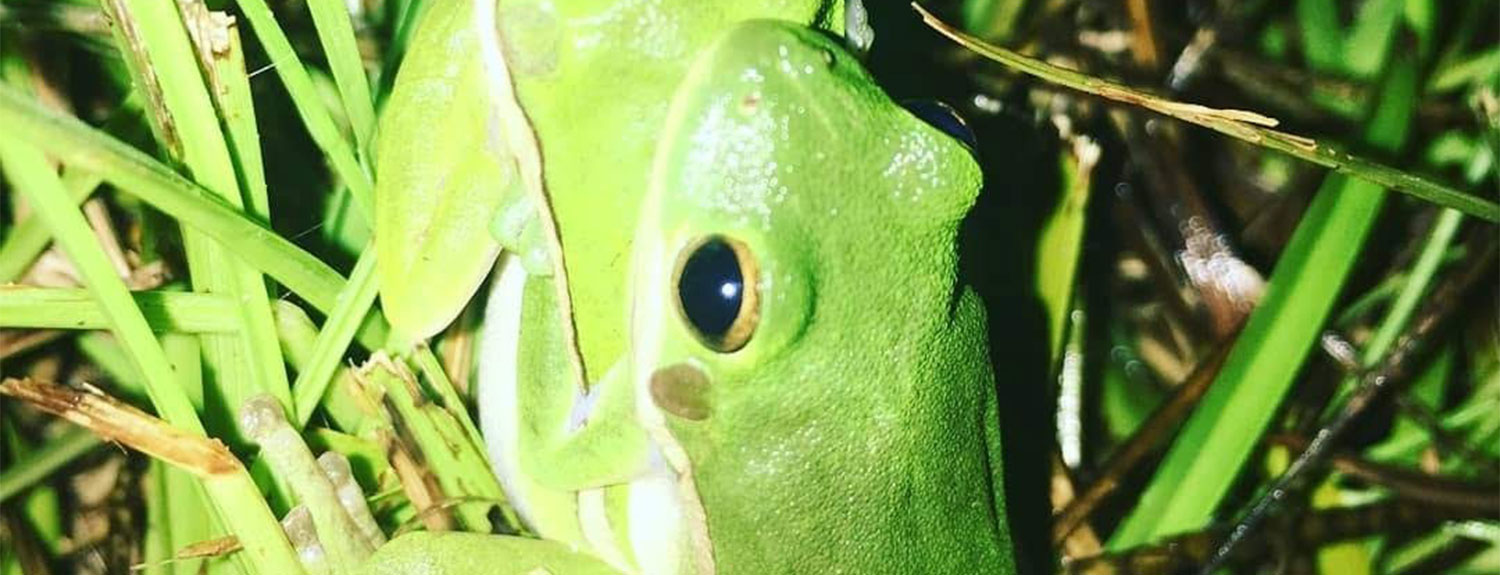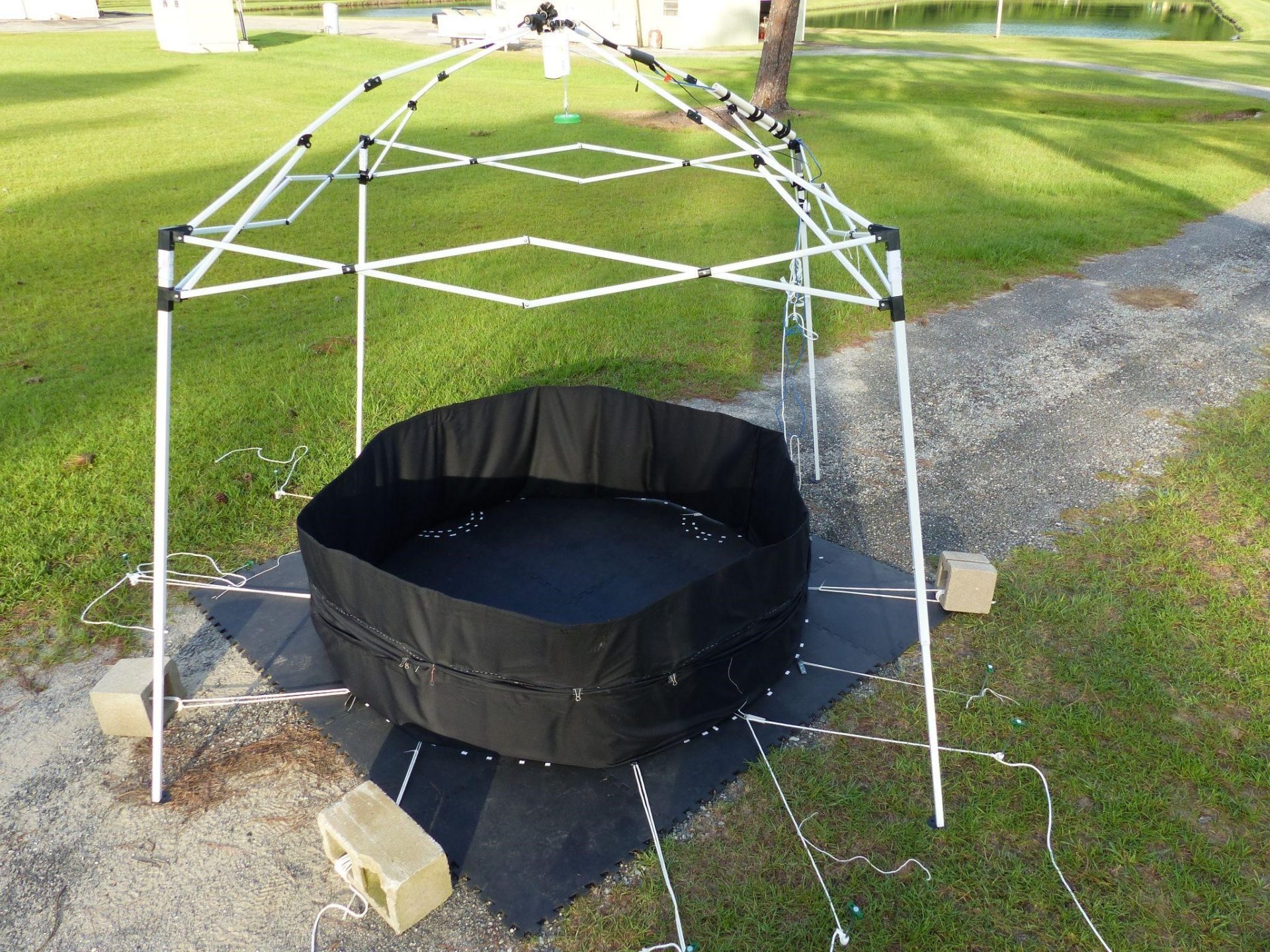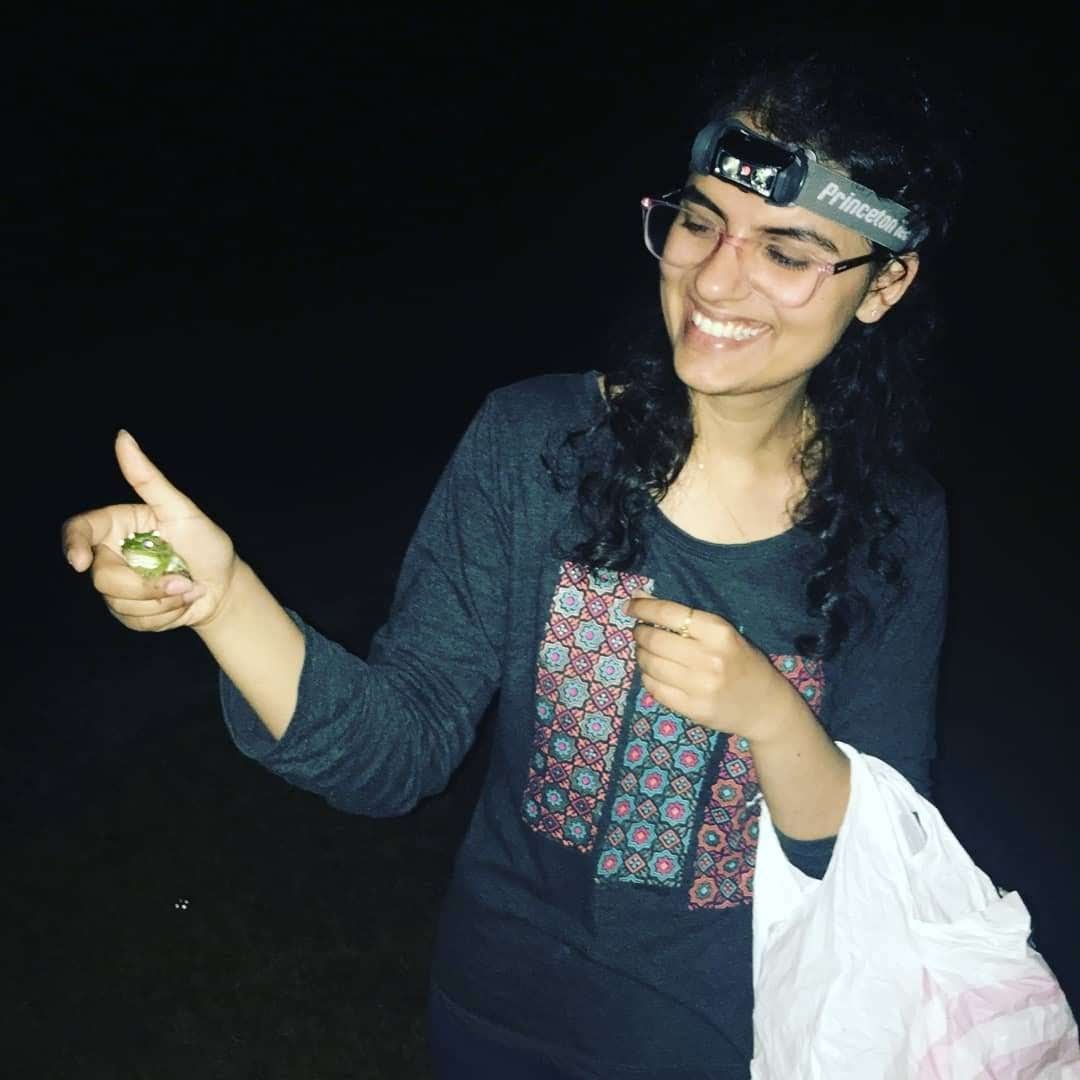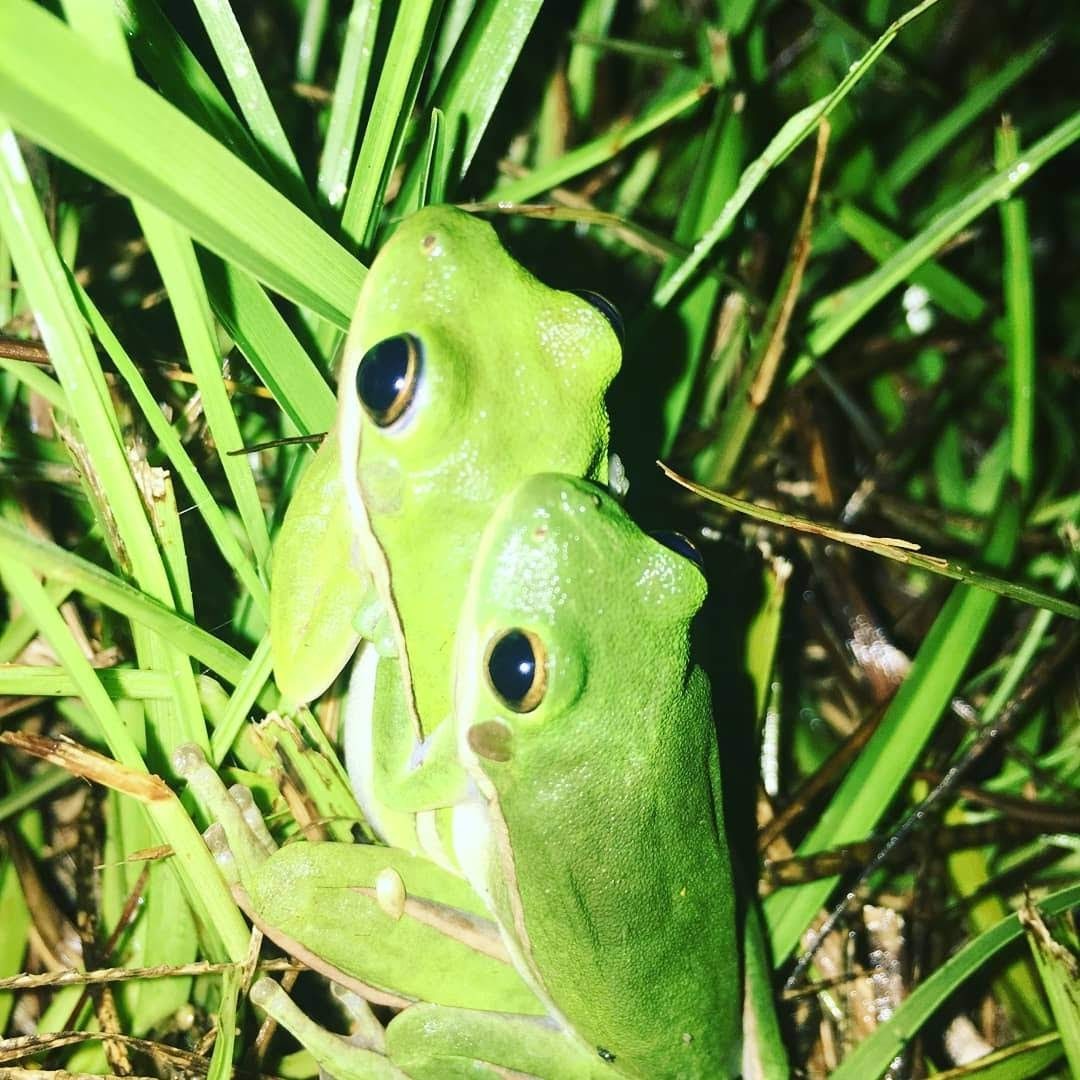
Lata Kalra
Research Q & A
What’s your hometown?
I’m from Delhi, India.
What are you currently working on?
I am investigating how perceptual systems mediate signal recognition in animals.
Many behavioural decisions require an animal to recognize specific signals of interest in the environment. For instance, in order to mate, a receiver must be able to recognize and attend to the signal of a potential mate. Signal recognition is a non-trivial task because communication often happens in complex environments. For instance, animals relying on the acoustic modality communicate in environments in which multiple biotic (conspecific and heterospecific signalers) and abiotic sound sources are active at the same time. At a physical level, sounds from multiple sources add up and form a complex sound wave that falls on the ear of a receiver. It is, therefore, a challenge for the receiver to recognize a given signal of interest amidst other concurrent sounds. For signal recognition to happen, the receiver must perceptually organize the complex sound wave to extract the features belonging to the signal of interest from the rest of the environmental sounds. Simultaneously, the extracted features must be integrated together to form a biologically meaningful entity that can be recognized. I am interested in unravelling how perceptual organization mediates signal recognition in animals and for that, I use frogs as a study system. Frogs mate in multispecies aggregations (choruses) in which males from multiple species call at the same time, posing the female (or receiver) with a cocktail party problem. My goal is to investigate how females could exploit sound features like frequency and time to perform perceptual organizations of sounds in a chorus.
How did you get started/what drew you to your area of study?
During my undergrad, I took a bunch of courses on animal behaviour that catalysed my interest in the broad field. I then went on to do a series of summer internships in animal behaviour, which made me realize that I wanted to study questions at the interface of sexual selection and animal communication. So, I decided to do my master’s thesis on aggression and acoustic communication in crickets. Designing my experiments and writing the master’s thesis introduced me to the literature on auditory perception in animals. I was instantly drawn by the idea of how complex natural acoustic environments are, and how then, do animals process complex acoustic inputs to form behaviourally meaningful units. This led me to apply for my current PhD position and subsequently work on this big question for my dissertation.
How are you working towards that goals?
Every summer, I perform behavioural experiments with frogs. I first collect frogs from the ponds situated at different field sites (I have worked in Minnesota and Georgia) to use them for my designed experiments. I artificially generate sound stimuli and broadcast them to the frogs using speakers. Artificial stimuli give me the flexibility to generate multi-signal complex environments and manipulate its features independently across different treatments. I measure the behavioural response (recognition/no-recognition) of the frog to a treatment by using its movement towards the broadcasting speaker, as a proxy. This helps me analyse how different manipulations in the stimuli affect perceptual organization and subsequent signal recognition.
What will your next steps/research be?
I am planning on finishing the data collection for the final project of my dissertation this summer. After that, I will work towards publishing my thesis. I plan to defend sometime in the year 2023 and then take up positions at the interface of teaching and outreach.
Back to 2021 Graduate Award and Fellowship Recipients




